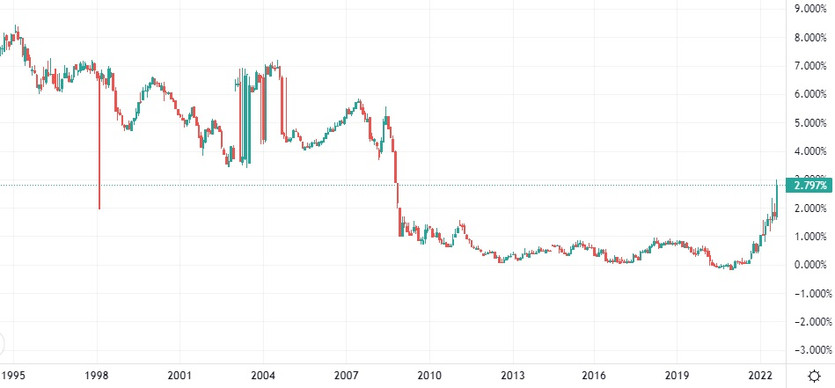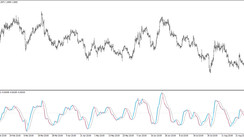It's anticipated that UK interest rates will rise above 4% in 2023.
With speculation of inflation exceeding 18% next year and the likelihood that households all around the UK may experience energy poverty this winter, it is beginning to look as though nothing can stop the British pound from falling to historic lows. The UK's economic situation is getting worse day by day. Traders generally agree that the Bank of England will be forced to drive the economy into a deep recession and generate significant job losses in order to control pricing pressures. The challenges facing the British economy and the next prime minister are highlighted by the fact that the currency is currently trading around $1.18, fewer than 4 US cents away from its worst level versus the dollar since 1985.
The increase in electricity prices is fueling expectations for rising inflation, which is causing traders to think that the Bank of England will need to be more aggressive. Money markets currently predict that benchmark interest rates will increase by 4.25% in 2023, the highest level since 2008. Bond yields have increased as a result, with 10-year rates rising to 2.59%.
Higher rates should potentially result in a stronger currency. But for the UK right now, it’s the opposite. Investors are of the opinion that additional significant increases in borrowing costs, which are necessary to reduce price growth, would worsen Britain's economic situation relative to that of the US and the euro area.
Selloff of Bonds
The most susceptible to shifts in monetary policy, UK short-end benchmark bonds are expected to see yields set a record this month. Loan rates have increased to 2.82%, the highest level since the financial crisis in 2008, as a result of a 111 basis point increase in two-year yields.

Stocks Rise
The UK's major exporters have benefited from the falling pound, and the FTSE 100 Index is just up 0.3% in August. However, smaller businesses are feeling the effects of the recession, which is pushing the FTSE 250 Index down 4.6%.

As can be seen, rising costs in winter could force more than half of UK homes into energy poverty. Additionally, other European countries can experience a similar circumstances.





